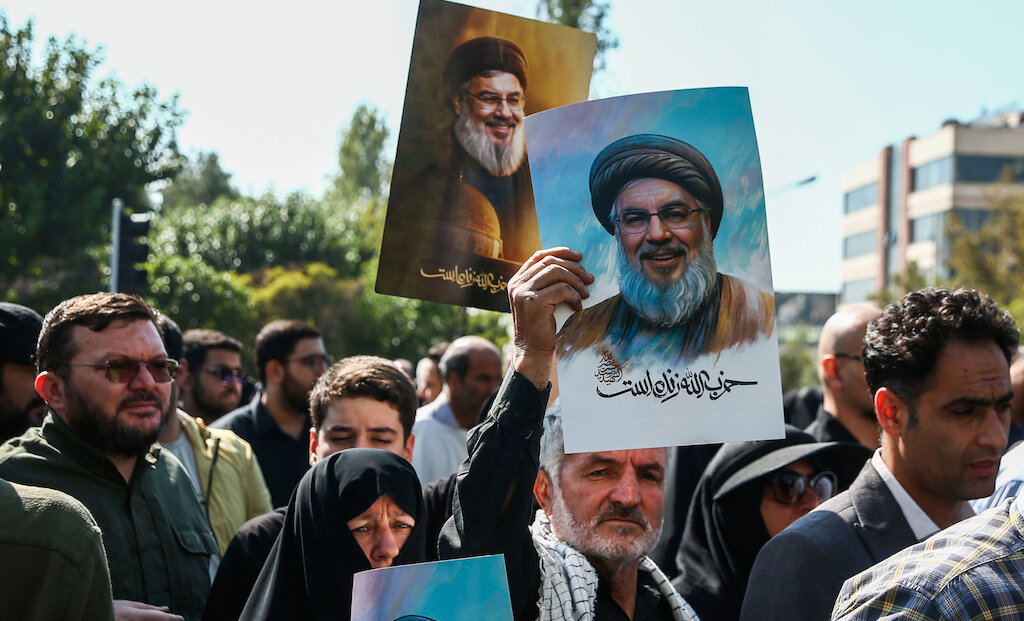A Final Round in the Margulies-Heller Exchange re Al-Bahlul
Kevin writes in with a final round of thoughts in his exchange with Peter in regards to the CMCR decision in al-Bahlul:
Peter continues to miss the central issue in al-Bahlul: namely, whether “any of the acts charged is an offense against the law of war cognizable before a military tribunal” (p.
Published by The Lawfare Institute
in Cooperation With

Kevin writes in with a final round of thoughts in his exchange with Peter in regards to the CMCR decision in al-Bahlul:
Peter continues to miss the central issue in al-Bahlul: namely, whether “any of the acts charged is an offense against the law of war cognizable before a military tribunal” (p. 18). To begin with, it is important to remember that criminal membership at Nuremberg was not a war crime. War crimes were listed in Article 6(b) of the London Charter; Article 6(b) does not mention criminal membership. The crime of criminal membership was mentioned in Articles 9 and 10 of the London Charter, indicating its exceptional quality. Peter also continues to ignore the fact that the elements of criminal membership are substantially different than the elements of material support or conspiracy. Instead, he simply invents a new crime that differs from all three: A war crime hinging on mere membership would clearly constitute the “collective criminal responsibility” that the ILC rejected. However, a membership offense keyed to active membership coupled with a substantial nexus to unlawful violence, a la Steinbrinck or al-Bahlul, hinges on the actions of the individual, and thus does not constitute an impermissible attribution of collective guilt. That new crime differs from criminal membership at Nuremberg, because criminal membership did not require any kind of “substantial nexus to violence” – knowing and voluntary membership was enough. Nor did the NMTs limit criminal membership to defendants who played an “indispensable” role in a criminal organization; if the defendants convicted of criminal membership at the NMTs tended to play important roles in the SS, Gestapo, and Leadership Corps, that was because the trials in general focused exclusively on high-ranking Nazis. The new crime also differs from both material support and conspiracy. Material support does not require membership in a terrorist organization, much less “active” membership. Indeed, I think the U.S. government would be horrified if it did. And, course, conspiracy is an inchoate crime that requires no “unlawful violence” at all to result from the criminal agreement; the agreement and the intent to commit a crime suffice to establish the defendant’s criminal responsibility. I agree with Peter that his new crime would not qualify as collective criminal responsibility – assuming, of course, that the “active” part of “active membership” would be taken seriously. But that does not help the CMCR. First, Congress did not define Peter’s new crime in the MCA. Second, al-Bahlul is not charged with Peter’s new crime. Third, and finally, the actual crime that the CMCR invokes (criminal membership) to justify the actual charges against al-Bahlul (material support and conspiracy) is precisely the crime that – as Peter himself admits – the ILC condemned as “collective criminal responsibility.” In his previous post, Peter made the mistake of assuming that the CMCR’s question – whether “any of the acts charged is an offense against the law of war cognizable before a military tribunal” – can be answered in the affirmative as long as we can imagine a set of facts in which a defendant could be guilty of all three crimes. In this post, he makes the mistake of assuming that the CMCR’s question can be answered in the affirmative as long as we can imagine a new crime that both a Nuremberg-era defendant and al-Bahlul could be convicted of committing. Peter’s move from facts to law is encouraging, but his argument is no more convincing. We need to stick to the actual charges against al-Bahlul and the actual charge of criminal membership prosecuted at Nuremberg. Discussion of hypothetical scenarios involving hypothetical crimes is unhelpful.
Robert (Bobby) Chesney is the Dean of the University of Texas School of Law, where he also holds the James A. Baker III Chair in the Rule of Law and World Affairs at UT. He is known internationally for his scholarship relating both to cybersecurity and national security. He is a co-founder of Lawfare, the nation’s leading online source for analysis of national security legal issues, and he co-hosts the popular show The National Security Law Podcast.


.jpg?sfvrsn=d5e57b75_5)


